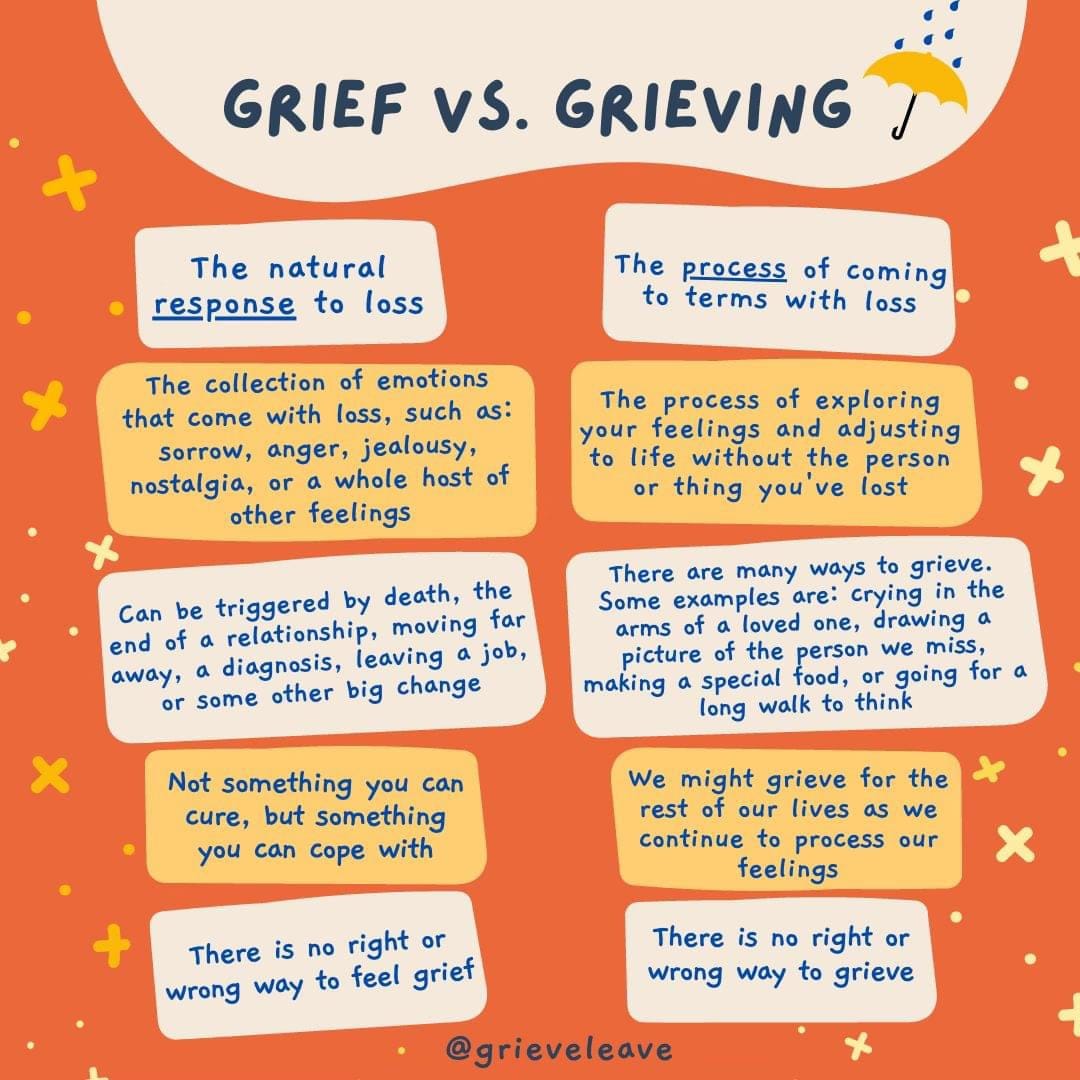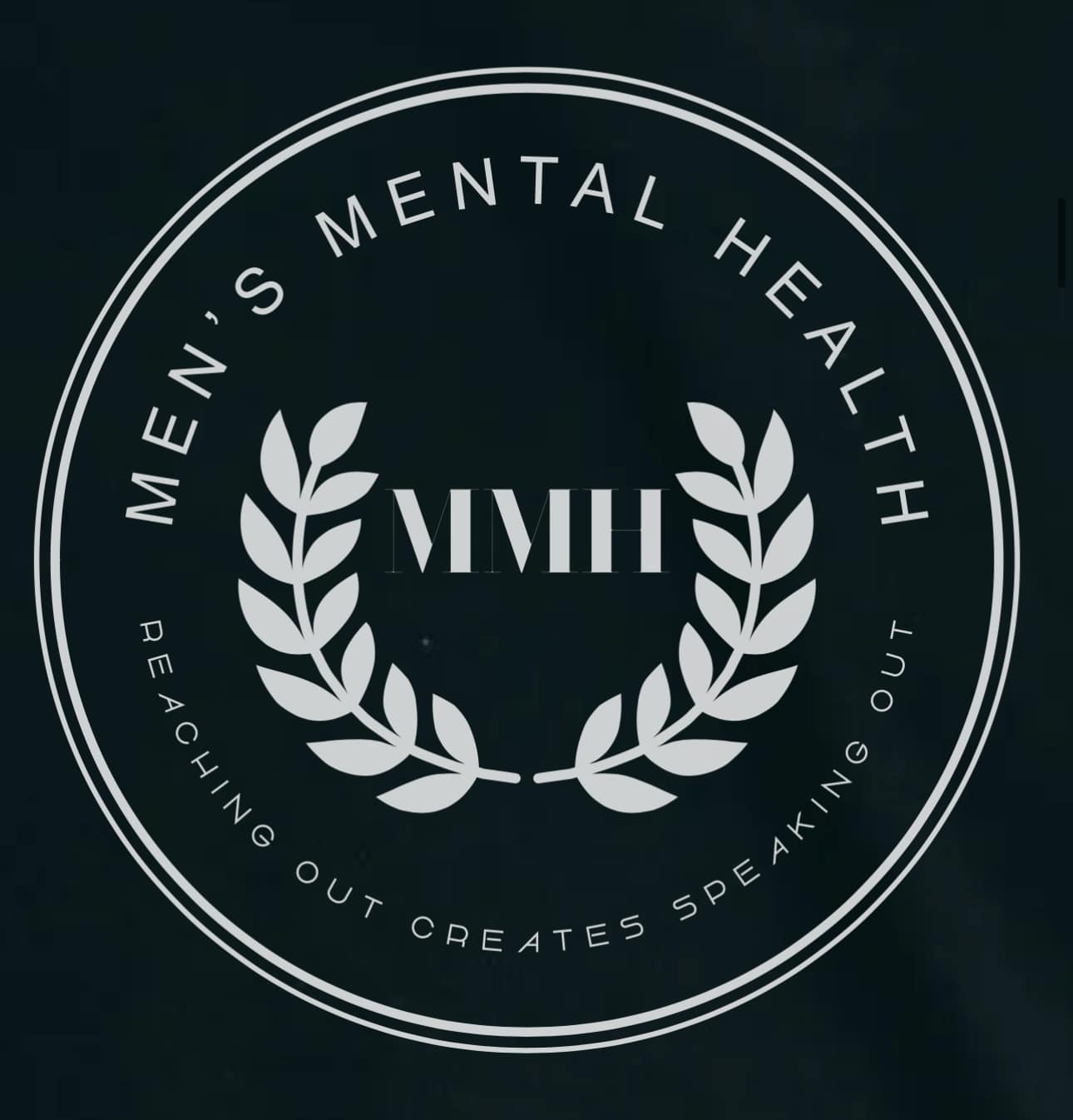Finding Peace: Navigating Grief and Healing After Loss

Grief touches everyone at some point in life. Losing a loved one can feel overwhelming, like a heavy blanket that suffocates your spirit. Yet, while grief is a personal journey, there are practical steps you can take to navigate this painful path. This post will explore the stages of grief and provide effective strategies for healing, helping you find peace amid the chaos.
UNDERSTANDING GRIEF: A JOURNEY, NOT A DESTINATION
Grief is not a straightforward path. It can rise unexpectedly, much like waves in the ocean. Dr. Elisabeth Kübler-Ross identified five stages of grief: denial, anger, bargaining, depression, and acceptance. Understanding these stages can provide clarity in a time that often feels confusing.
• Denial: This initial reaction can protect us from the shock of loss. For instance, someone may initially deny the reality of their loved one's death, saying, "This can’t be happening."
• Anger: Feelings may shift to anger, directed at oneself, others, or even the deceased. For example, a person might think, “I should have done more to prevent this.”
• Bargaining: Here, we ponder "what if" scenarios. You might catch yourself placing conditions or wishes upon fate, like wishing for just one more day with the lost loved one.
• Depression: This stage can feel overwhelming as reality sets in. Statistics show that around 25% of grieving individuals may experience prolonged depression, highlighting the weight of unresolved feelings.
• Acceptance: Eventually, acceptance allows you to integrate the loss into your life. This stage doesn’t mean forgetting, but learning to live with the memory.
Understanding these stages is vital. They create a framework for managing your emotions through the tumult of grief.
CREATING A SUPPORT SYSTEM
Grief can feel incredibly isolating, but it’s essential to remember you are not alone. Building a strong support system is crucial for healing. Engaging with friends, family, or local support groups provides comfort when times are tough.
Here are some tips to strengthen your support network:
- Communicate Clearly: Let loved ones know how they can assist you. Whether you need someone to listen or just want company, expressing these needs fosters deeper connections.
- Join a Support Group: Many communities or online platforms offer support groups specifically for those going through loss. Connecting with others who understand your pain can be incredibly comforting.
ENGAGING IN SELF-CARE
As you navigate grief, self-care can restore balance and improve your mental and physical health. Neglecting your needs can make grief more challenging.
Consider these self-care practices:
• Exercise: Aim for at least 30 minutes of physical activity most days. Whether it’s taking a brisk walk or practicing yoga, exercise can boost your mood and relieve stress.
• Nutrition: Maintain a balanced diet, focusing on whole foods. Studies show that proper nutrition can improve mood, energy levels, and overall health.
• Sleep: Grief can disrupt sleep patterns. Establish a calming bedtime routine, like reading or meditation, to promote better rest.
Creating a daily routine that incorporates these elements can help establish a sense of stability during an unstable time.
EXPRESSING YOUR EMOTIONS
Expressing feelings is vital in navigating grief. Holding emotions inside can intensify pain and lead to complications later. Consider these outlets:
• Journaling: Writing about your loved one can be therapeutic. One study found that journaling for just 15 minutes a day can significantly reduce stress levels. Write letters to your loved one or reflect on shared memories.
• Creative Outlets: Engage in art or music. These forms of expression can help articulate feelings that might be too difficult to verbalize.
SEEKING PROFESSIONAL HELP
If the burden of grief feels too heavy to handle alone, seeking professional help can provide the support you need. Therapists or counselors specializing in grief offer coping strategies tailored to your journey.
• Individual Therapy: A trained professional can help you work through specific challenges and emotions related to your loss.
• Group Therapy: Connecting with people experiencing similar losses can foster community. Sharing stories can help you feel less isolated.
HONORING YOUR LOVED ONE
Finding ways to honor your loved one’s memory can play an essential role in healing. Here are some meaningful activities:
• Create a Memory Scrapbook: Collect photos, letters, and mementos to celebrate your loved one’s life.
• Organize a Memorial Event: Consider planning a gathering on significant anniversaries to remember your loved one with family and friends.
Participating in activities they loved, like cooking their favorite meal or planting a tree in their honor, can provide comfort and connection.
EMBRACING NEW ROUTINES
As time passes, embrace new routines that acknowledge your grief while also allowing space for healing. This might include:
• Exploring New Hobbies: Try something you've always wanted to do, like painting, hiking, or gardening. Exploring new activities can introduce joy into your life.
• Establishing New Traditions: Create new family traditions that incorporate memories of your loved one, like a yearly picnic in their honor.
Understand that embracing new experiences does not mean forgetting your loved one. It's about integrating their memory into your evolving life.
FINDING SUPPORT THROUGH WRITING AND READING
Written words can provide valuable support during times of grief.
• Read Books on Grief: Look for literature that resonates with you. Books sharing personal stories or expert advice can help you understand and cope with your emotions.
• Write Your Story: Consider documenting your feelings and experiences. Sharing your journey, whether publicly or privately, can create connections with others who have faced similar challenges.
A PATH TOWARDS HEALING
The journey through grief is challenging and requires patience and self-compassion. While some days may bring sadness and others may bring moments of joy, healing is always possible.
Implementing the strategies discussed here can help you navigate this difficult time. Remember, seeking help and honoring your feelings is not just okay – it is necessary. Grief is a deeply personal process, and while it feels overwhelming now, you can find peace amidst the pain in time.
Embrace each step at your own pace. Healing is not just a destination; it is a journey filled with hope and new beginnings.
This post aims to provide insights and practical strategies to help you or someone you care about during this challenging phase of life. Your path toward healing is unique, and every bit of progress matters.
